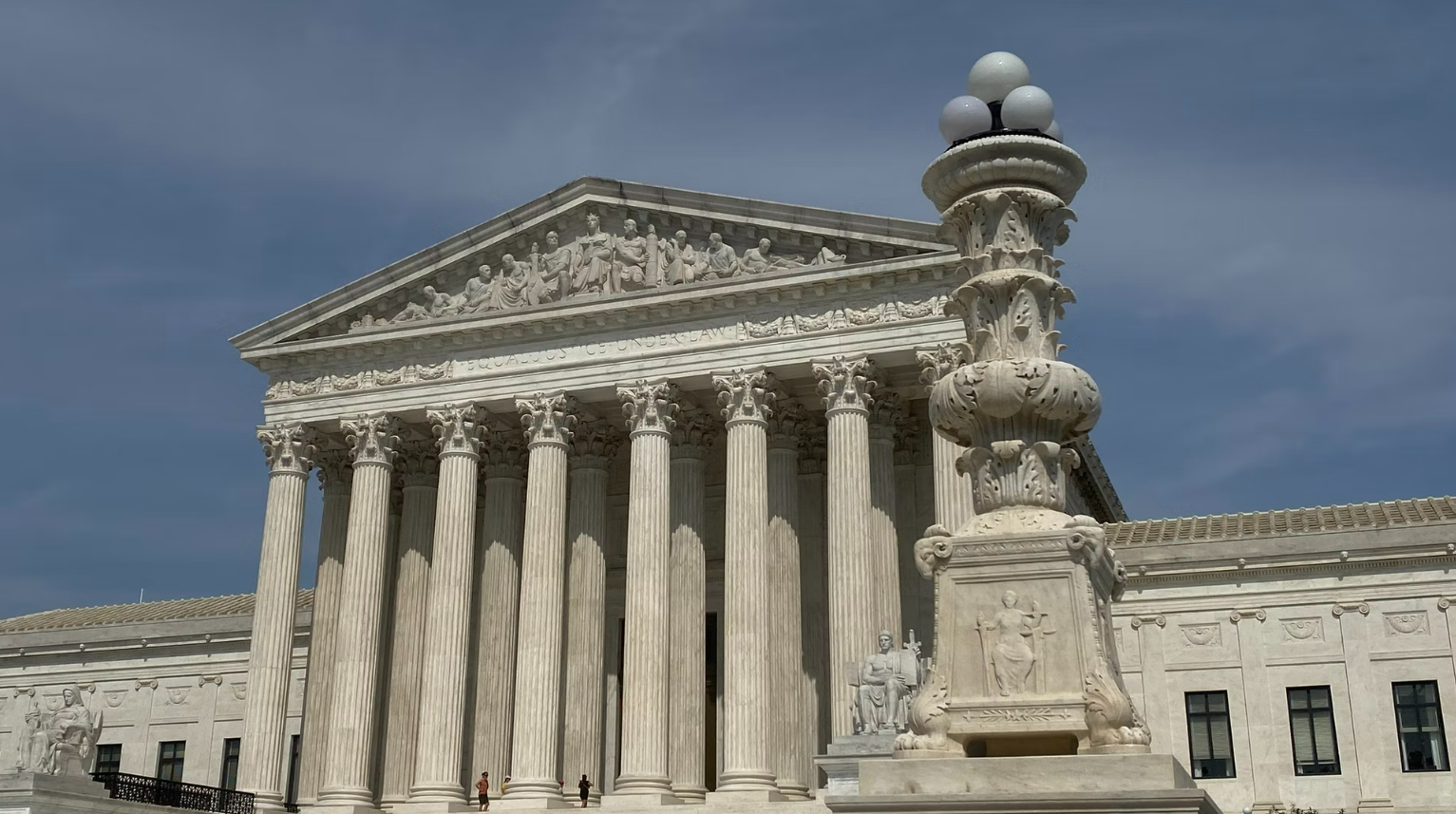Concepcion v. United States Affirms District Court’s Broad Discretion in Deciding Criminal Sentences
In Concepcion v. United States, the U.S. Supreme Court continued its support for sentencing discretion for district court judges. In this case, the issue was how much discretion a sentencing judge has when resentencing a defendant pursuant to the First Step Act, a substantial criminal justice reform act that Congress passed in 2018. Among its provisions is one allowing for resentencing of persons convicted before 2010 for distribution of crack cocaine who had been ineligible for resentencing when Congress in 2010 revised downward the penalties for crack cocaine (in the so-called Fair Sentencing Act). The quantities that triggered mandatory minimum sentences were reduced substantially, and the guidelines were amended to reflect those reductions.
Mr. Concepcion had been given a 19-year sentence in 2009 for selling 13.8 grams of crack. Because he was a “career offender,” meaning that he had a number of prior convictions for “crimes of violence” or drug distribution, his guideline sentencing range was not affected by the quantity reductions, and so he was not eligible for resentencing when the crack sentencing changes took effect in 2010.
However, he was eligible under the First Step Act, and he made several arguments for a reduced sentence. First, he noted that his guideline range, even as a career offender, went from 262-327 months down to 122-235 months. Second, he noted that one of the convictions that had qualified him as a career offender had been vacated, and others had been eliminated as possible career offender predicates based on a line of Supreme Court cases substantially reducing the number of offenses qualifying as “crime of violence” offenses. Mr. Concepcion was thus, at resentencing, not a career offender, and although his guideline score could not be retroactively changed to reflect this fact, he argued that the sentencing judge could consider it in determining an appropriate sentence. Finally, he argued that his conduct in his decade-plus in prison showed rehabilitation and supported a reduced sentence.
The district judge, however, held that he had no authority to consider any factors other than the change in the guideline score that the lower crack cocaine guidelines yielded, and because the sentence Mr. Concepcion originally received was within the range of his revised guidelines score, did not change his sentence. The decision was affirmed by the Court of Appeals for the First Circuit.
The Supreme Court reversed. It held that unless Congress or the Constitution imposed a limit on what a sentencing court can consider, the sentencing court has “broad discretion” to consider any aspect of the defendant’s life and behavior, and any change in the law that occurs up to the time of sentencing, including in this case, the time between Mr. Concepcion’s original sentencing and his resentencing. While the change in law that affected career offender status did not retroactively change his guideline score, the Court held that the sentencing judge was free to consider it in determining a sentence. Similarly, evidence of a defendant’s conduct, good or bad, while in prison, can be considered in determining the sentence.
The Court was careful to state that a sentencing judge must consider all such facts argued by the parties, but the decision whether to change a sentence based on any fact or facts is discretionary with the judge. So while the case has been sent back to the judge to be resentenced, and the Court has made it clear that changes in the law and facts occurring after the initial sentencing can be grounds for a different sentence, that is entirely within the discretion of the district court judge to decide the sentence. This opinion makes it clear that defendants being resentenced can argue for reduction based on their lives since first sentenced, and the sentencing judge can use that information or not, as he or she determines.
If you have been charged with or convicted of a crime and need an attorney, contact our criminal defense attorneys: https://www.zalkindlaw.com/contact-us.html.
 Boston Lawyer Blog
Boston Lawyer Blog







